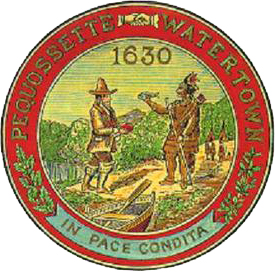Government
Public Invited to Community Forum on Hiring New City Manager, Will be In-Person and Virtual
|
The following information was provided by the City of Watertown:
The City of Watertown is pleased to announce a community forum will be held on January 12th to offer Watertown residents the opportunity to share their thoughts regarding the skills and experience the next City Manager should possess. The forum will be held on Wednesday, January 12th, at 6 p.m. in the Richard E. Mastrangelo Council Chamber at the Administration Building, 149 Main Street. This will be a hybrid event, supporting both in-person and remote participation. “We are very interested in hearing recommendations regarding the skills and experience Watertown residents would like to see in their next City Manager,” said Mark Sideris, Council President. “It is critical that residents are an integral part of the City Manager selection process.”The City has hired the consulting firm Community Paradigm Associates to assist in the search process.



